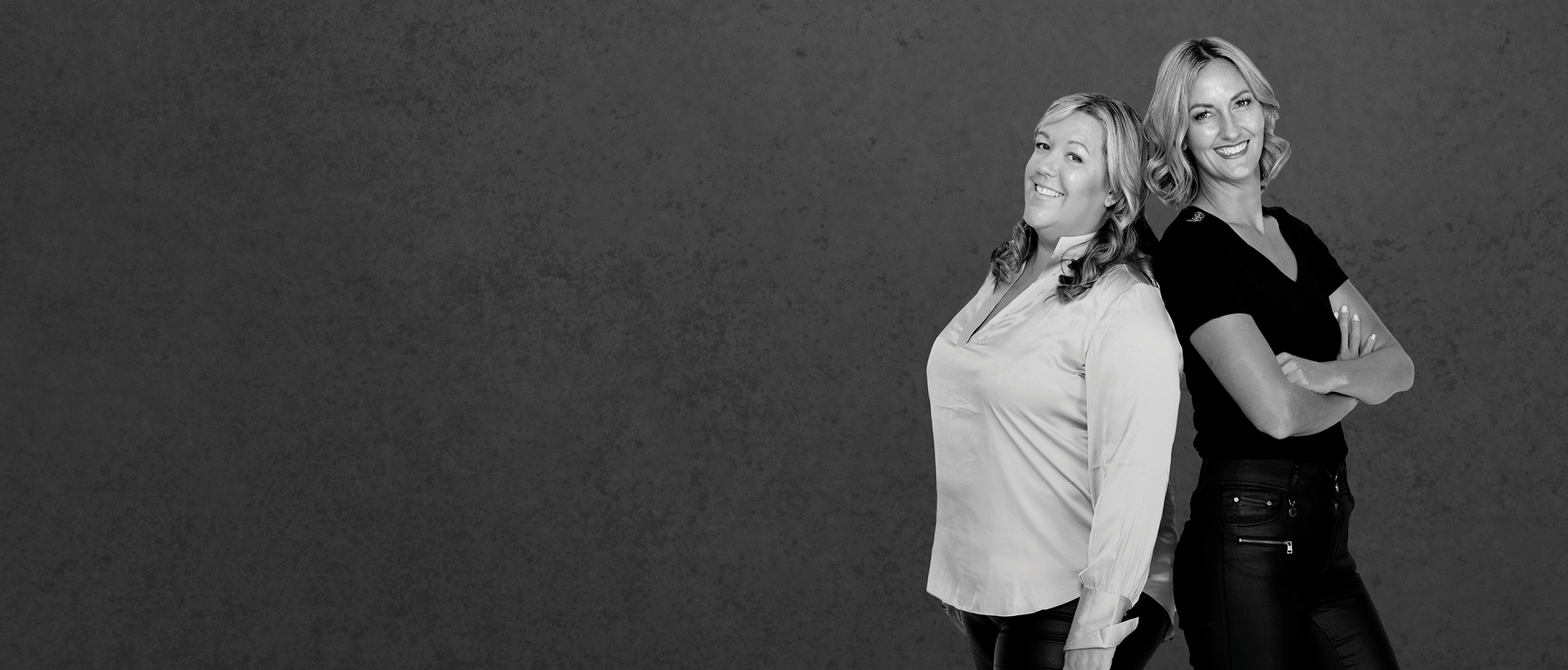How to make your words count
Research shows that the average person speaks 7000 words per day – with women speaking 13,000 more words per day than men! What you say and the way you say them, dictates how people will perceive you – and largely define you. Never is this more important than when you are at a job interview!
Take a moment to think of your last job interview….:
- How many of the words that you spoke showed you to be a confident communicator?
- How many of those words that you spoke demonstrated your ability to perform in the role?
- How many of those words served little or no purpose at all?
I interviewed a candidate yesterday and she gave me very little to work with. To every question, she answered with exactly 1 sentence. Here’s a snapshot of how it went:
ME: “What appeals to you about this job?”
CANDIDATE: “It is a fit to my skills and experience”.
ME: “What do you know about our company? Have you seen our website or heard of us prior to applying?”
CANDIDATE: “I had not heard of you, but the job sounded like it was a good fit to my skills and experience so I applied.”
And so on.
Conversely, the next candidate presented with the opposite problem. Every answer took at least 5 minutes and involved a long story that rambled from early childhood through to her current medical issues. Whilst all of that information may have been great in context, it was difficult to stay focussed and distracted from what she really needed to say to present her suitability for the role.
The best speakers use fewer words than the worst speakers. But those words carry much more weight, as the person delivers them clearly and with energy. So, want to make your 7,000+ words go further? Start with reducing that number and focus on quantity, not quality.
Here are other hints to help you put your best foot forward:1. Take a breath
It can be tempting when you get nervous to just keep talking. But when you have answered the question and made your point, stop. Just stop.
1. Take a breath.
It allows you to gather your thoughts and gives the interviewer a chance to respond and engage with you. Don’t forget that pauses and silence also indicate confidence!
2. Answer the question
It sounds obvious but it’s the same as when you listen to a journalist trying to get an answer from a politician: interviewers get frustrated with evasive and non specific answers. Sure, you can misunderstand the question but most interviewers will forgive that and ask you again. In that case, give a straight answer, fast. Even if it’s not a response you want to give, you are better to be frank upfront, then add your positive spin.
Example: “Tell me about your previous book keeping experience?”
“I haven’t specifically worked as a book keeper. However I’m very good on Excel, confident with figures and I can balance the books. I have done accounts payable, receivable and reconciliation, I can follow instructions so I’m sure I’ll pick it up the specifics of your books quickly if you have time to show me once”.
3. Don’t waffle!
Everyone is busy and the recruitment process can be as exhausting for the employer as it is for you. The HR Manager or recruiter you are trying to impress, really wants to find a great fit to their role and is optimistic that it might be you! Respect their time and don’t waffle with long answers that don’t relate to the question.
This is most often an issue when you don’t have the experience you think they are after and you try to over compensate with quantity (of words) over quality. This doesn’t have to be a deal breaker; your personality and attitude go a LONG way to securing a role, as do other things like great references and your demonstrated skills.
Here’s a hint: pause at least every minute; even if there’s more you’re busting to say. When you pause, you give the interviewer a chance to engage with you. And that’s a good thing!
4. Prepare and be relevant
Prepare for the interview by thinking about the skills and experience you can bring that are specific to THIS vacancy at THIS company. Don’t be generic and feel you need to list everything you’ve ever done that might in some way relate.
Employers want to hear about what you’ve done, who you’ve done it for and importantly (as per my introductory paragraph in this blog), why you now want to do it for them. Some may also ask what you’re hoping to do in the future to assess how much of a long term relationship the two of you are likely to have. Five minutes of mental preparation before you arrive for a face to face interview can be all it takes to knock ‘em dead.
5. Preparation is key
Actors don’t turn up to shoot their next big blockbuster film without first learning their lines. They have a script, they get into character and they learn their lines in order to deliver them succinctly and convincingly. The same practice could be said for job interviews.
For more advice and tips on how to secure your next big move, check out our free resources at https://www.talentpropellerjobs.com.au/jobseeker-tools/
(View the full presentation from Jeff Ansell, LinkedIn here)
